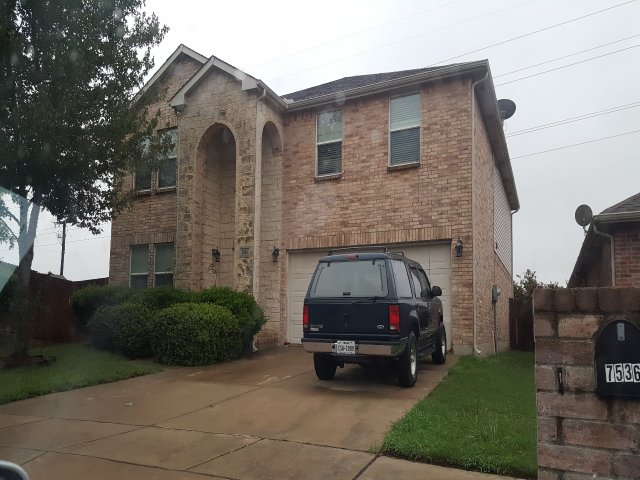


Posted on Oct 15, 2018 by Curtis Roddy
You just bought a distressed-debt property. What to do next? Here are some important steps to take so you can make the most of your investment. (If you haven’t already done so, please be sure to first read the previous blog post, “What You Need to Know to Purchase a Foreclosure Property in Texas.”)
Congratulations! You’ve purchased a foreclosure property which means you likely got a great deal as a new homeowner. But don’t celebrate yet. There are still a few tasks ahead to make sure you’re ready to achieve your goals.
At this point, you’ve either purchased your property before or after an auction, or you’ve won out against the highest bidder and paid cash at an auction. What to do next? Here are 4 important steps to follow:
1. Got the deed?
The first thing to want to do is make sure you have the deed in hand and that it’s been recorded with the county. The deed should be sent to you by the trustee, about a week after purchase, and record it. You won’t be able to evict squatters or sell the property until this happens. If you have questions about the deed, contact the trustee. If necessary, you can file the deed with the county by contacting the county clerk. The property should be lien-free if you researched this before the auction; if you’re not sure that the title is free and clear, you can quickly receive an accurate title report by calling us at (972) 250-0993 or send us an email.
2. Verify the property is vacant
If the property was vacant when you drive by, most likely it’s still vacant. But visit the property again to make sure, and take steps to secure it. Hire a locksmith to install new locks, or at least rekey the entire structure. This is also a good time to get property insurance. You can call our office at (972) 250-0993 or email us to receive a list of investor-friendly insurance companies.
If there is an individual or group living on the property, you will have to take steps to get them to leave. You will have to decide what you feel comfortable doing, but I will suggest this approach:
If you feel safe doing so, knock on the door and let those inside know that you’ve bought the property and that they will have to vacate. To move the process along, you can offer the former homeowner a “cash for keys” arrangement. It’s a no-attorney solution in which you pay them a small fee, as long as the occupants leave the property unharmed by a certain date. With the “cash for keys” deal, you’re largely assured occupants will leave soon and not damage the property, and they can avoid eviction.
If you’re not comfortable engaging with the occupants, or they refuse to leave, you can begin the eviction process. You can contact an attorney, but we can also help with our Roddy’s Eviction Services. For a fee that starts at $200 plus filing fees, we offer full-service evictions, from the legal paperwork to a law enforcement officer delivering the notice of eviction. Please contact our office to learn more.
3. Determine repair costs
Are you interested in living on the property? Flipping it? Renting it out? Even if you’re not sure, I suggest you look into what it will cost to make renovations or repairs. Get bids from at least two contractors to determine the cost. Most will charge nothing to meet you at the property and provide an estimate. Consider hiring a building inspector to point out issues a contractor may not notice. Once you are armed with more information about what repairs cost, you can figure out just what to do with your investment and stay within your budget. Check with Roddy’s Construction Services to receive a list of qualified contractors and inspectors by emailing us or calling (972) 250-0993.
4. What to do with your investment?
Here are options for what you can do with your new investment:
“Investor’s Special.” If you’re wanting to see a quick return on your investment, consider selling the property as an “investor’s special.” Here, you would market the property (having made no repairs) to a limited circle of investors or to wholesalers. You wouldn’t make a lot of profit, but you also would be putting in the least amount of money for the quickest return on your investment.
Flip. In this scenario, you’ve got some capital to make repairs and improve the appearance of the property and then list it. Flipping offers you more return for your investment than the investor’s special, especially if you find a reliable contractor who works within your budget.
Rent. Renting your property is a great way to see steady income, perhaps over the long-term. (Let us know if we can help refer you to knowledgeable rental agents.)
A couple tips: If you want to refinance, you can get up to 80 percent of LTV, or loan-to-value. Then you’ll have cash on hand for repairs or to buy another property. Roddy’s can also help you find a reputable hard-money lender. If you decide to sell the property, contact us for information on flat-fee or full-service real estate agents.